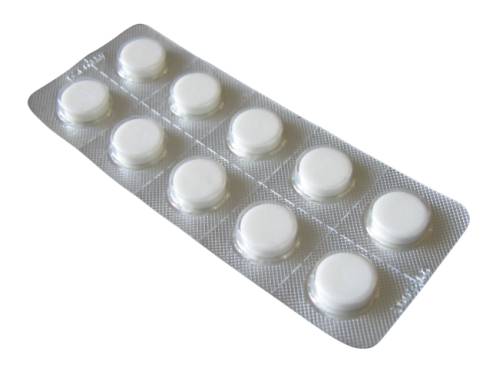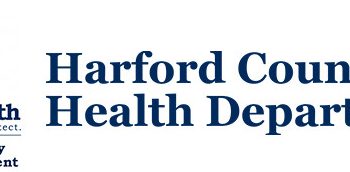
Residents of Harford County who live or work within ten miles of Peach Bottom Atomic Power Station are eligible to receive free potassium iodide (KI) from the Harford County Health Department (HCHD) during two community KI distribution days.
The distribution days will take place at North Harford High School on Saturday, Oct. 26 and Nov. 2 from 10:00 a.m. to 2:00 p.m. Eligible residents will be required to fill out a short distribution form in order to receive their doses. Both adult and child doses will be made available.
KI is a salt of stable, not radioactive, iodine which is an important chemical needed by the body to make thyroid hormones and is a stable iodine in tablet form. KI works by blocking radioactive iodine from entering the thyroid. Once absorbed by the thyroid gland, the gland becomes “full” and cannot absorb any more iodine, either stable or radioactive, for the next 24 hours. You should not use iodized table salt as a substitute for KI because it does not contain enough iodine to block radioactive iodine from getting into your thyroid gland.
“Community KI Distribution is an initiative to supplement the County emergency plans in the event of an incident where radiation is released from the Peach Bottom Power plant. While evacuation will remain the primary strategy by which to safeguard the public, the KI will offer citizens a way to protect their thyroid, which is a vital hormone gland that plays a major role in the metabolism, growth and development of the human body,” explains the HCHD’s Public Health Emergency Coordinator, Lisa Swank.
Residents who have previously received KI tablets should discard their old, expired KI tablets and are strongly encouraged to attend one of the two day events to pick up new tablets. The proper method to dispose of KI is by throwing the tablets away in the household trash and should not by flushed down the toilet or sink.
For more information about this event or topic, visit www.harfordcountyhealth.com or contact the HCHD’s Emergency Preparedness Program at 410-877-1028.

